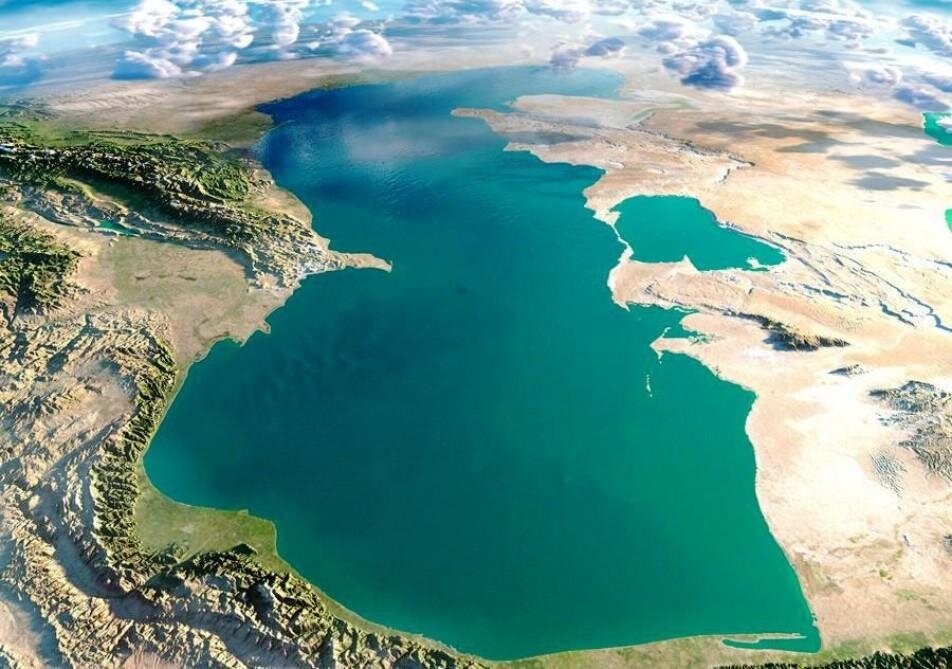TEHRAN – Iran’s Ministry of Foreign Affairs has appointed Qasem Galibabadi as the new special representative of the Caspian Sea issue. The diplomat also serves as deputy foreign minister in legal and international affairs, and his appointment has made him even more meaningful and important.
Since the dissolution of the Soviet Union and the rise of four new independent states along the Caspian coast, Iran has prioritized defining the legal status of the ocean, namely the issues of state sovereignty, security and economic importance. The debate spans a wide range of important issues, including military cooperation, oil and gas exploration, environmental protection, counter-terrorism and the fight against drug trafficking. All of these remain high on the Tehran agenda.
Decades of diplomatic negotiations
In 1996, five Caspian coastal provinces, Azabaijan, Iran, Kazakhstan, Russia and Turkmenistan established special working groups at the foreign affairs level at the overseas level and negotiated the legal framework of the sea. After years of deliberation, the Convention on the Legal Status of the Caspian Sea was signed in 2018, marking historical milestones.
This was followed by the Foreign Minister of Coastal States replaced the original working group with a working group of senior officials tasked with drafting agreements on maritime boundaries, overseeing specialized treaties and coordinating high-level diplomatic meetings.
Domestic coordination and strategic oversight
Beyond international negotiations, Iran’s special representative on the Caspia issue plays a pivotal role in domestic policy coordination. The dedicated Caspian Sea Commission, made up of senior officials from key agencies, hampers a unified national strategy, including the highest national security council, the military, the Ministry of Petroleum and the Environmental Protection Agency. The committee is responsible for implementing Iranian policies in the Caspian Sea region, balancing economic benefits and security concerns.
After the third Caspia Economic Forum was held in Tehran in February this year, the Iranian government assigned the Ministry of Foreign Affairs to oversee the implementation of the agreements reached between coastal countries. Key areas of focus include strengthening transportation and trade routes, strengthening ports and transportation infrastructure, holding meetings of the economy and transportation ministers, and promoting cooperation between coastal governors.
The special representative is currently leading efforts to engage national institutions in further negotiations with neighboring states to meet these objectives.
Iran’s representatives in Caspia’s issue have seen a series of experienced diplomats. Early envoys included Mahmoud Vaezi (1997) and Ali Ahani (1999-2001), with recent appointees such as Mahmoud Barimani (2020-2023) and Alireza Jahangiri (2023-2025) serving in the high-ranking working groups. Galibabadi is the 11th Iranian diplomat serving as a special envoy for the Caspian Sea.
As Iran continues to navigate the complex geopolitical landscape of the Caspian Islands, the role of special representatives remains important in both protecting national interests and fostering regional cooperation.

